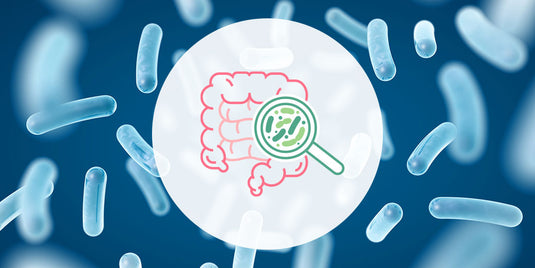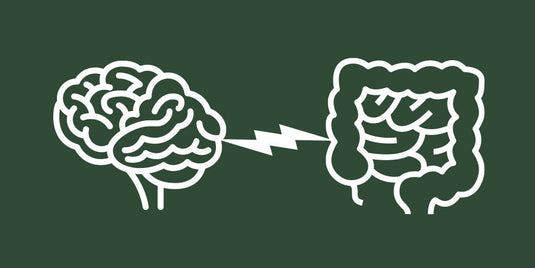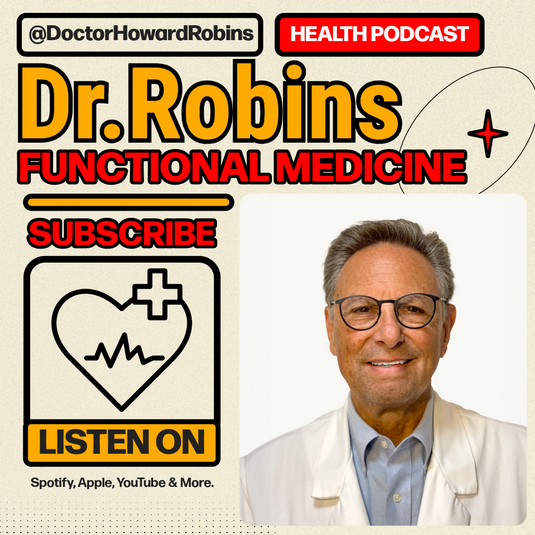According to the American Psychological Association, "our gut bacteria manufacture about 95% of the body's supply of serotonin."¹
Serotonin acts as both a hormone and a neurotransmitter that modulates mood, cognition, reward, learning, memory, and numerous physiological processes such as vomiting and vasoconstriction.
The human gut is often referred to as the second brain because it is composed of an intricate network of 100 million neurons embedded in the gut wall. Furthermore, single-celled organisms—mostly bacteria—outnumber our own cells 10 to 1.
A Caltech research study published in journal Cell, shows that certain bacteria in the gut are important for the production of peripheral serotonin. "In fact, altered levels of this peripheral serotonin have been linked to diseases such as irritable bowel syndrome, cardiovascular disease, and osteoporosis."²
Serotonin affects many aspects of your gut function, including:
- how fast food moves through your system (motility)
- how much fluid, such as mucus, is secreted in your intestines
- how sensitive your intestines are to sensations like pain and fullness from eating
The gut-brain connection is very complex and explains why we get "butterflies in our stomach" when we feel nervous or have to use the bathroom when we're anxious.
Although there is much more research needed to determine the specific microbes responsible for producing peripheral serotonin, what is important to note is the significant role our gut bacteria plays in our overall health and wellness.
This is why we recommend replenishing your gut microbiome with Doctor's Biome daily. As we continue to age, the number and diversity of good bacteria decrease, which is why taking probiotics regularly is so important in maintaining a balanced microbiome.
Sources
1. https://www.apa.org/monitor/2012/09/gut-feeling
2. https://www.caltech.edu/about/news/microbes-help-produce-serotonin-gut-46495


![THE DOCTOR’S BIOME® DIFFERENCE [We Have the Smarts and the Charts]](http://doctorsbiome.com/cdn/shop/articles/DB_Difference_Infographic_27fc57ba-5eda-489e-b6d1-45f50e7c49a8_535x.jpg?v=1748981561)

